
When Cypress Hill appeared on the scene in 1991, it was like a breath of fresh buddah smoke. The fisherman capped, goateed trio were a crew that hailed from the streets of Los Angeles, East Coast Stomping their way on the scene. Abandoning the traditional sound of gangster rap that was coming out of L.A. at the time, DJ Muggs’ beats were more partial to the sound of the east, heavy on the classic funk & soul samples. But unlike other producers, he revolutionized the sound of hip-hop music with then uncommon blues guitar riffs, classic rock samples, and even chopped the 1950′s doo-wop hit “Duke Of Earl” into a the backdrop of a classic hip-hop anthem, celebrating the sawed-off shotgun like some kind of perverse childish taunt. Muggs’ trademark deep basslines were always matched with ill high-pitched shrieks, creating a new sound that was so popular that it was endlessly bitten, until it was worn out (and sample laws got stricter).
Yet Muggs production wasn’t the only thing that made Cypress Hill a success. The alley cat B-Real with his nasal rhyme styles sounded like nothing we’d ever heard before, only to be complimented by the constipated style of Sen Dog, who sounded as if he was releasing a chest full of smoke between each line, adding his two cents wherever necessary.
But the thing that Cypress Hill is known best for, is their embracing of marijuana. Cypress Hill was the first rap group to welcome weed with open arms back then, nobody really rhymed about using drugs, as hip-hop was in its conscious stage, still recovering from the crack epidemic of the 1980′s. But all it took was this album, a High Times cover here, a Phillies’ Blunt t-shirt there, and soon, everyone from Dr. Dre to De La Soul went from not smoking weed or cess to embracing the chronic.
But more so than any De La Soul album, the sound of Cypress Hill was hip-hop psychedelica, as anthems like “Pigs” and “Stoned Is The Way Of The Walk” brought together Deadheads and hip-hop heads for the first time. Who couldn’t join in the fun these guys were having on kooky anthems like “Psychobetabuckdown”, “Light Another”, and “The Phuncky Feel One”? Yet the two breakthrough singles, “How Could I Just Kill A Man” and “Hand On The Pump”, are what really defined Cypress Hill, fusing Los Angeles gangster rap attitude, with the delivery of New York style battle raps. Once Ice Cube and Q-Tip showed up in the “Kill A Man” video, Cypress Hill’s spot on the map was solidified. They were high out of their minds and having the time of their lives.
Cypress Hill was the first and best album of their career. While the MTV embraced Black Sunday was comparable, each consecutive album after was forced to undergo remix treatment from artists like MC Ehit, Redman, The Fugees, and others to keep good relations with the hip-hop audience. While hip-hop eventually turned their backs on the Hill, traded for an audience of college frat-boy stoners and the forever-loyal Latino community, Cypress Hill’s later efforts have succumbed to the rock-rap formula of Limp Bizkit and Rage Against The Machine. Like a prolonged high, the influence of Cypress Hill is still being felt even ten years later, not only introducing offshoot groups like House of Pain and Funkdoobiest, but also emerging The Soul Assassins and The Alchemist from the shadows of the skull & bones. No matter what, B-Real, DJ Muggs, and Sen-Dog have made their mark, and hip-hop will always remember that funky Cypress Hill shit.
Comments
No Comments
Leave a reply
- Raekwon Sets A Release Date For “F.I.L.A.” Album
- BUSH: A Snoop Odyssey Produced By Pharrell Williams [Preview]
- Drake – “If You’re Reading This It’s Too Late” Surprise Album on iTunes Now
- Action Bronson “Mr. Wonderful” Cover Art and Tracklist
- Juicy J “Blue Dream & Lean 2″ Mixtape Cover Art & Release Date Revealed
- MF Grimm “MF Love Songs” Cover Art + Tracklist
- Lord Hakim – “Brass Knucklez” (feat. Vast Aire & Phizz Ed)
- IAMSU! – “Hella Good” (feat. Tyga)
- DJ Kay Slay – “I Declare War” (feat. Styles P, Sheek Louch, Vado, Raekwon, & Rell)
- Maverick Sabre – “We Don’t Wanna Be” (feat. Joey Bada$$)
- Cannibal Ox – “Blade: Art of Ox” (feat. Artifacts & U-God; prod. Black Milk)
- Asher Roth – “Blow Your Head” (prod. Nottz)
- It's Time To Say Goodbye...
Commented on by Yungplex - It's Time To Say Goodbye...
Commented on by geedubbleyoo - Fat Trel - "In My Bag" (feat. Wale)
Commented on by Katae - Kanye West's "Runaway": What Does It All Mean?
Commented on by fidgar - Sole Vs. El-P: Part One - Sole
Commented on by Reno Yakavetta - It's Time To Say Goodbye...
Commented on by Atom


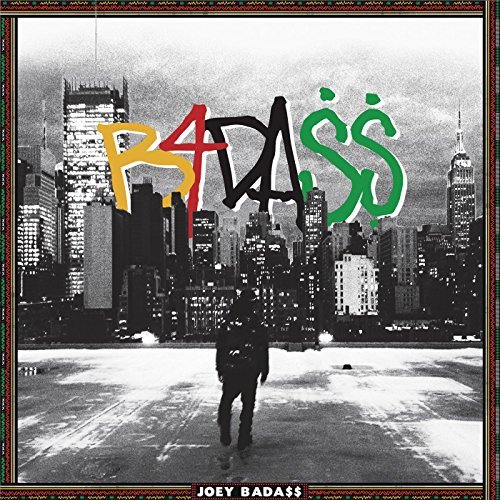
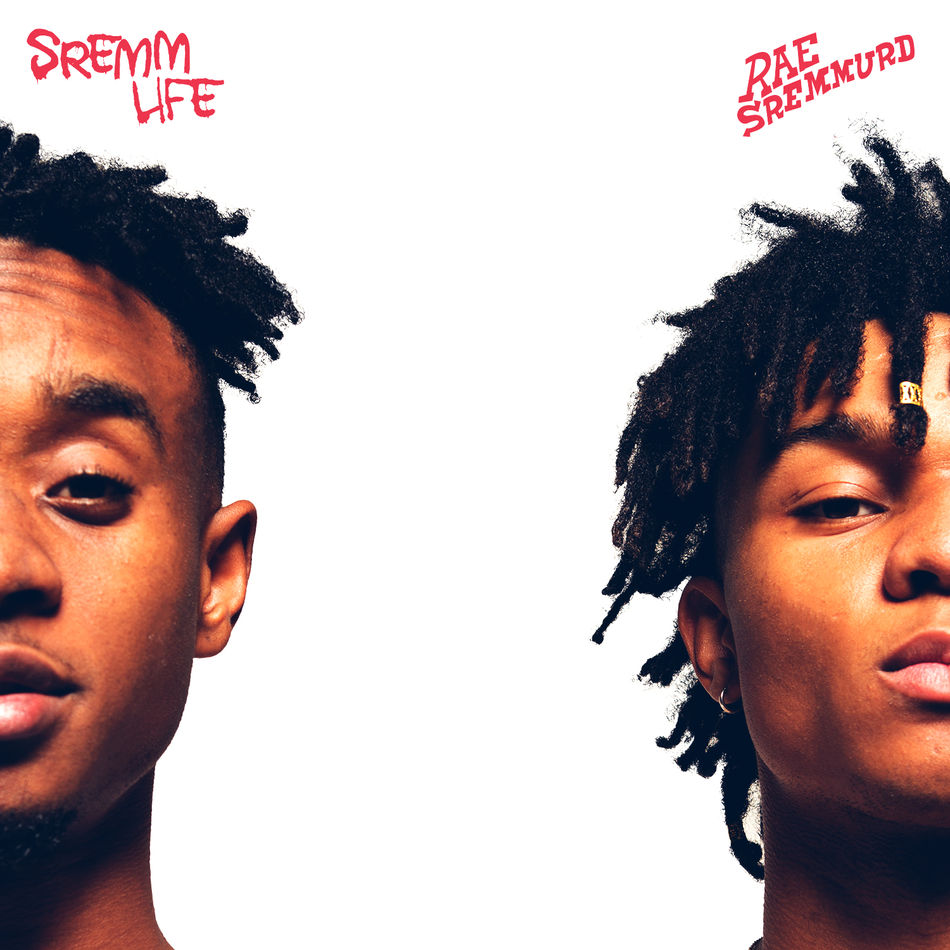
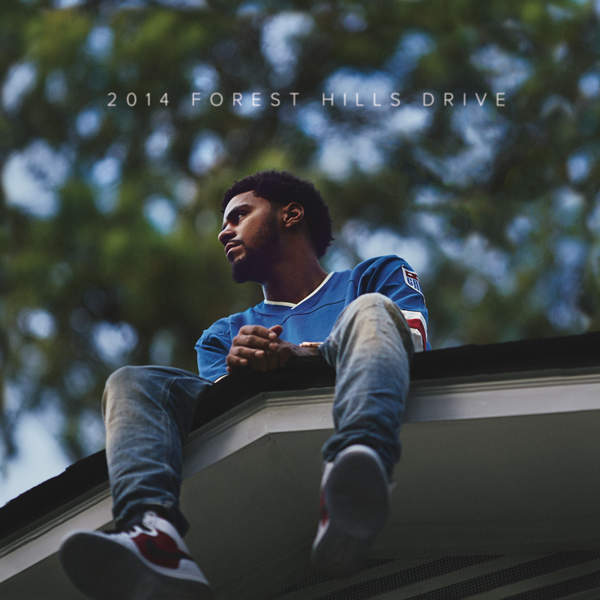




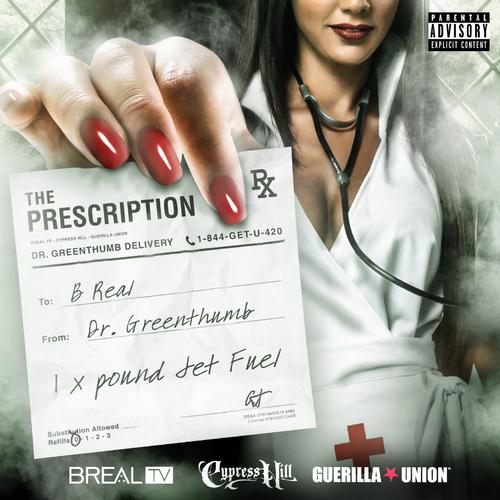


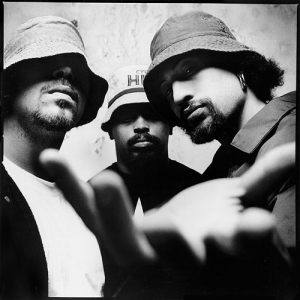

 Mixtape D.L.
Mixtape D.L.

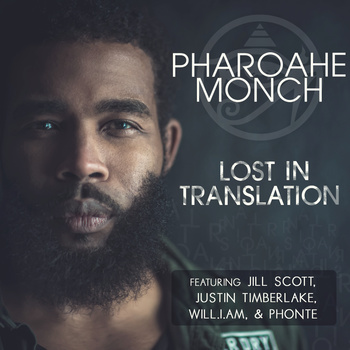

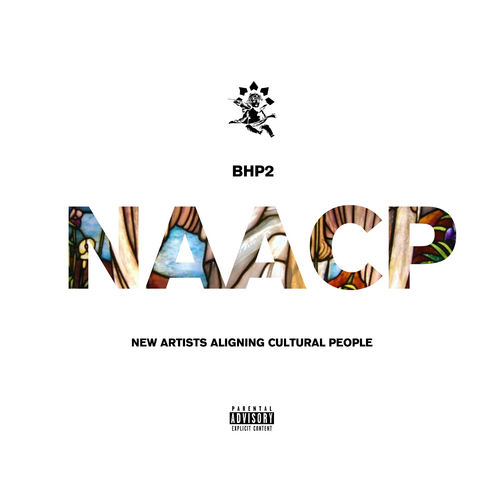
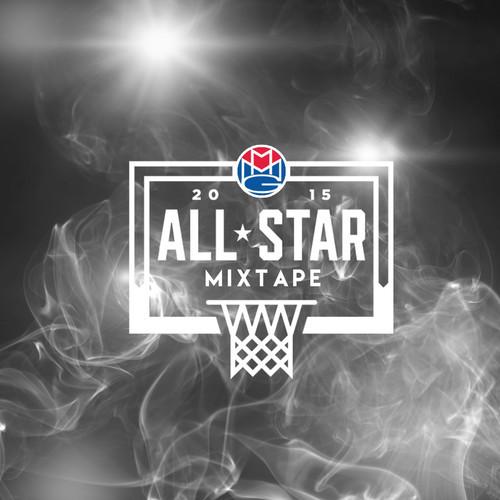
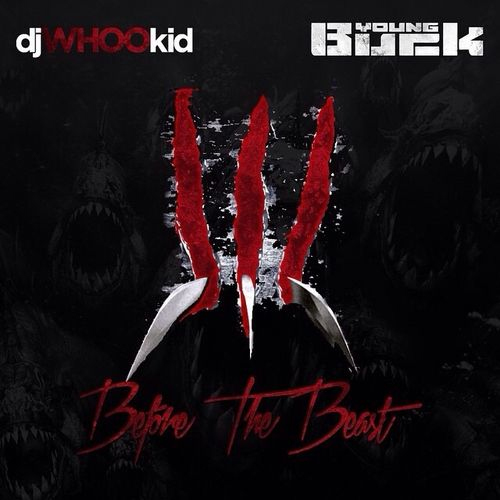
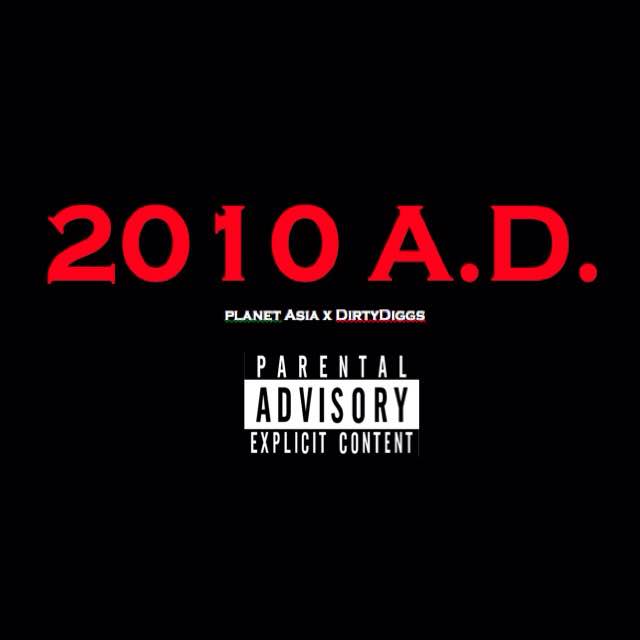
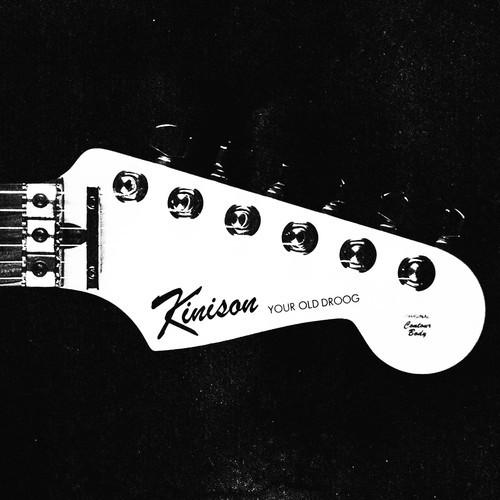
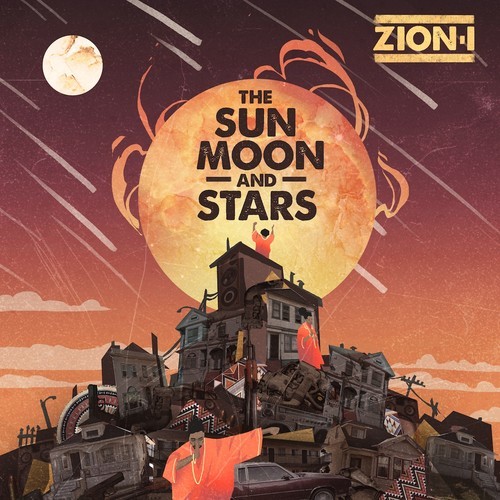

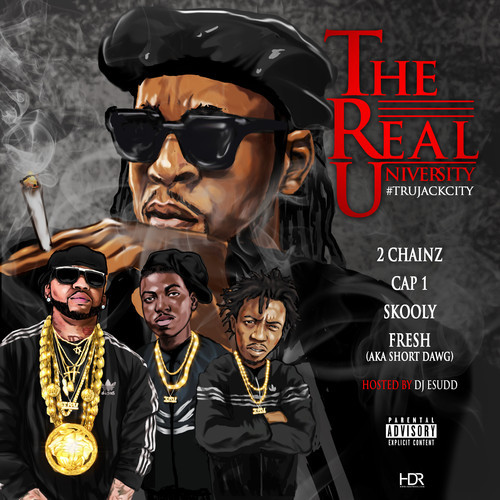
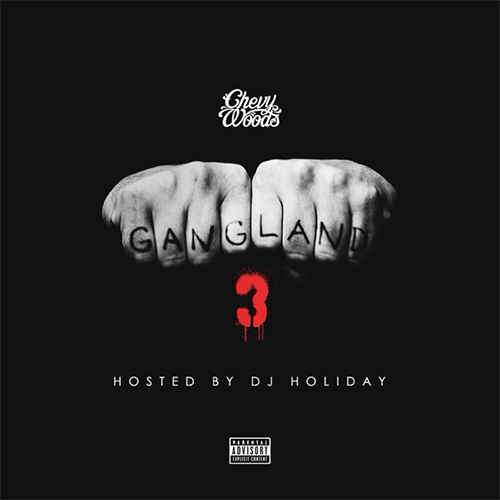
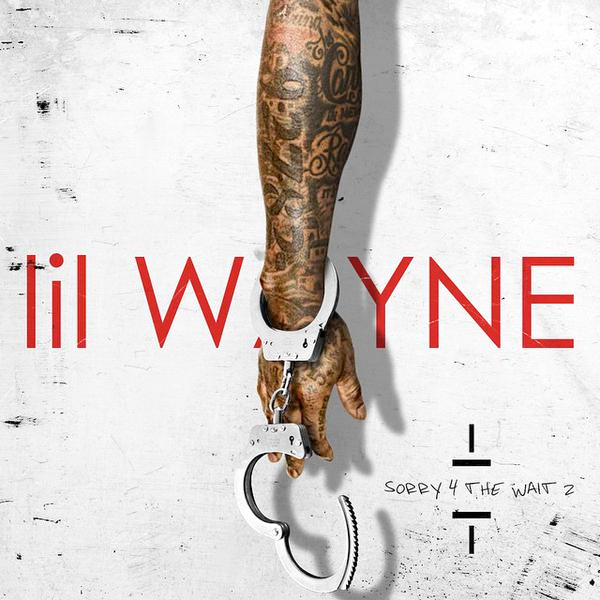
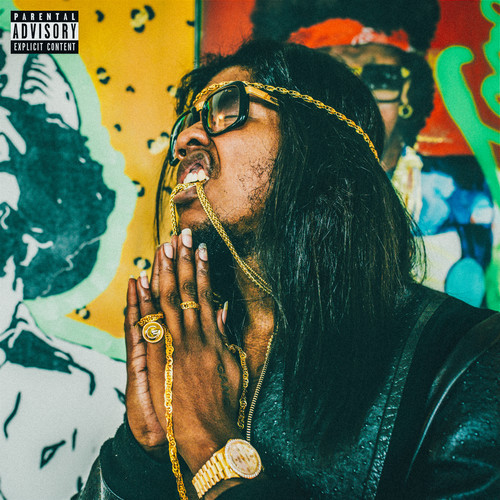





1 January, 1997@12:00 am
0 comments